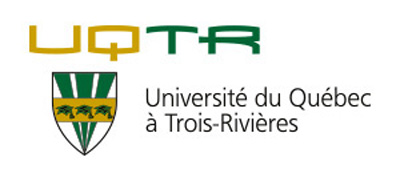Related projects
Discover more projects across a range of sectors and discipline — from AI to cleantech to social innovation.
Mitacs brings innovation to more people in more places across Canada and around the world.
Learn MoreWe work closely with businesses, researchers, and governments to create new pathways to innovation.
Learn MoreNo matter the size of your budget or scope of your research, Mitacs can help you turn ideas into impact.
Learn MoreThe Mitacs Entrepreneur Awards and the Mitacs Awards celebrate inspiring entrepreneurs and innovators who are galvanizing cutting-edge research across Canada.
Learn MoreDiscover the people, the ideas, the projects, and the partnerships that are making news, and creating meaningful impact across the Canadian innovation ecosystem.
Learn MoreResearch problem: Reclamation practices in regions known to be undergoing rapid climate change must consider what adaptive measures could be implemented to maximize short-term reclamation success and long-term resilience of reclaimed sites. Objectives: I will investigate how a multi-scale ecological classification system can be used to predict regeneration success of different forest tree species at reclamation sites in north-central Yukon. To predict regeneration success, I will investigate how tree species in equivalent, nearby natural stands have responded to observed climate change in the past. Methods: I will use a dendrochronological approach to reconstruct tree growth over the last 50+ years in natural stands that are either directly comparable to the reclamation sites, or that are equivalent under an observed or predicted warming signal. Climate equivalency is determined with a climatic niche model. Site equivalency will be determined by evaluating topographic metrics and soil data at candidate sites. Water deficit will be measured during hot/dry periods at reclaimed and natural sites as a key factor in determining resiliency to climate change. Anticipated Outcome: “TO BE CONT’D”
Andreas Hamann
Nadele Flynn
Integral Ecology Group
Resources and environmental management
Life sciences
Accelerate
Discover more projects across a range of sectors and discipline — from AI to cleantech to social innovation.
Find the perfect opportunity to put your academic skills and knowledge into practice!
Find ProjectsThe strong support from governments across Canada, international partners, universities, colleges, companies, and community organizations has enabled Mitacs to focus on the core idea that talent and partnerships power innovation — and innovation creates a better future.













































































































































































































































































































